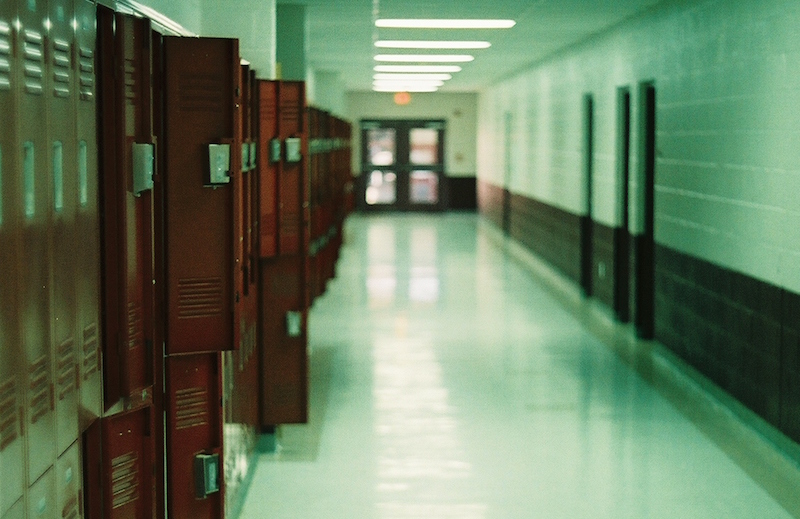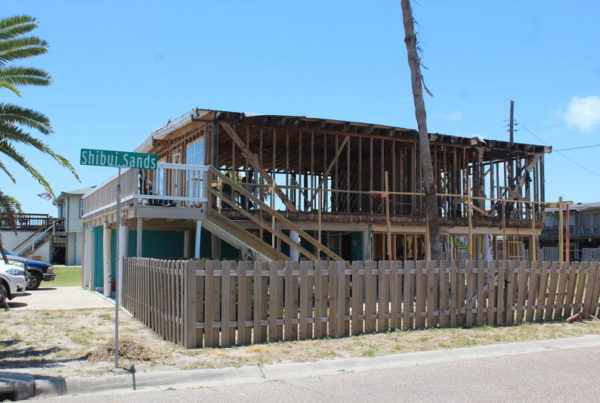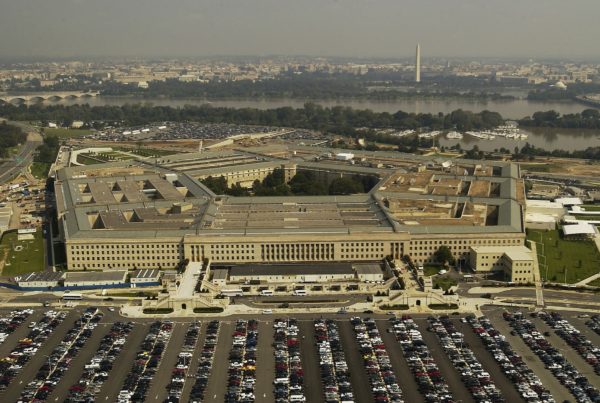The Standard’s news roundup gives you a quick hit of interesting, sometimes irreverent, and breaking news stories from all over the state.
Schools affected by Hurricane Harvey could be exempt from the state rating system this year, which means schools that might have been sanctioned for poor performance could get a break.
The Texas Education Agency released a draft of the waivers Wednesday. Schools could qualify for the exemption if they meet one of four criteria, according to the TEA.
– The campus identified 10 percent or more of enrolled students with specific crisis codes for displaced or homeless students.
– The campus reported 10 percent or more of its teachers experienced homelessness due to Hurricane Harvey.
The campus was reported to TEA as closed for 10 or more instructional days due to Hurricane Harvey.
– The campus was reported to TEA as displaced due to Hurricane Harvey either because the student population was relocated to another geographic location (at least through winter break) or the student population was required to share its own campus facility with the students of another campus closed as a direct result of Hurricane Harvey (at least through winter break).
TEA spokesperson DeEtta Culbertson explains what this means for individual schools.
“If a campus is eligible for a Harvey waiver, and their rating would have been improvement required, that campus will simply be rated as ‘Not Rated,” says Culberston. “If one of the school districts in the impacted area receives a rating of B, C, D, F, but they are eligible for one of the Hurricane Harvey waiver criteria, then they simply will be also labeled ‘Not Rated.”
Culbertson says the agency estimates that more than 100 school districts and 1,100 campuses could be eligible for the waiver.
A public comment period on the proposed waiver begins June 8, 2018 and lasts through July 9, 2018.
An Austin sandwich chain will stop using Styrofoam cups by the end of the year. KUT News reports Thundercloud Subs’ announcement comes after a petition drive by the advocacy group, Environment Texas, which asked its members which local business they wanted to see end its use of polystyrene, commonly known as Styrofoam. Over time, the material breaks down into tiny pellets that are harmful to hundreds of species of wildlife when ingested. Environment Texas Director Luke Metzger wants the Texas Legislature to get rid of a 1991 law that prohibits cities from banning Styrofoam.
“In the meantime, though, [we] want to get more businesses to follow the lead of Thundercloud Subs and McDonald’s and Dunkin’ Donuts and others that have agreed to stop using polystyrene, so we’ll be reaching out to other businesses this summer, in addition to going door to door and educating the public about the problem and why we need to ban polystyrene,” Metzger said.
Metzger says this same 1991 law has also been used to challenge local plastic bag bans, specifically one in Laredo, which is a case before the Texas Supreme Court. Metzger adds that case, which would determine whether it was legal for the city of Laredo to ban plastic bags, could be decided by July 2018.
Texas House Speaker Joe Straus is doubling down on his call for the removal of a Confederate plaque in the state capitol. The retiring San Antonio Republican says it contains historical inaccuracies, including the claim that slavery was not the underlying cause of the Civil War.
He first called for its removal last September. In a letter sent to the Texas Attorney General this week, Straus’s office argues the State Preservation Board has the authority to remove the plaque.
State Rep. Eric Johnson, Democrat from Dallas, has been trying for months to have the plaque removed which hangs outside of his office at the state capitol. He spoke with KUT News about the Confederate marker, which was posted in 1959.
“There’s no reason for us still to be holding on to fables and that plaque is a fable. It’s telling a story that is just counterfactual. It just didn’t happen. Slavery is absolutely the cause of the civil war. It’s right there in our secession documents,” Johnson said.
A report this week found Texas has removed more Confederate markers than any other state since 2015, but it also has the second highest amount in the country.
















